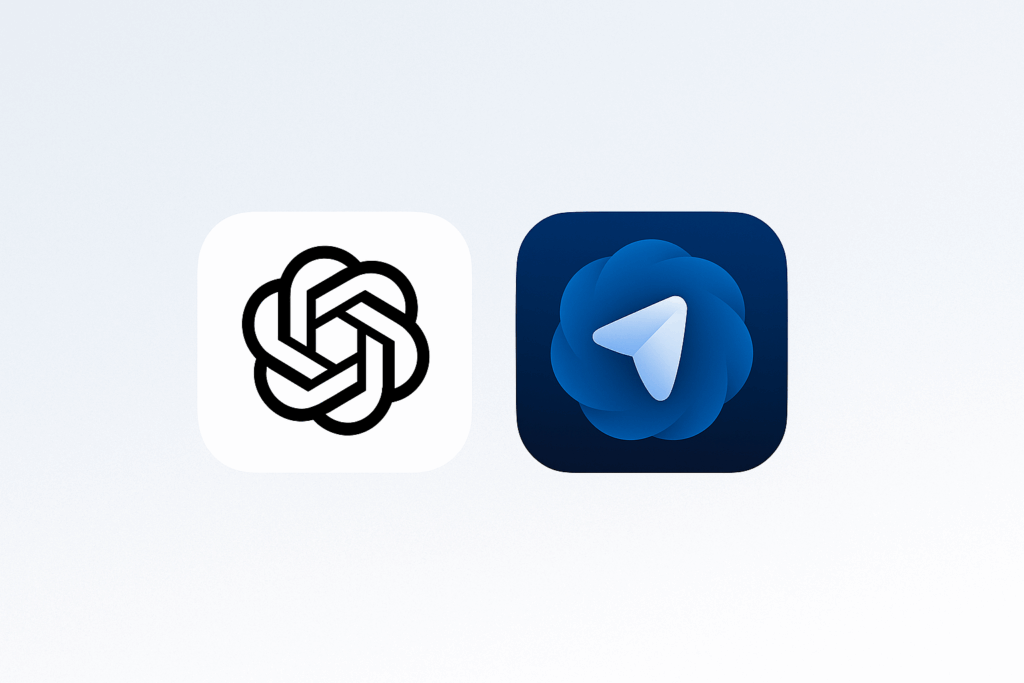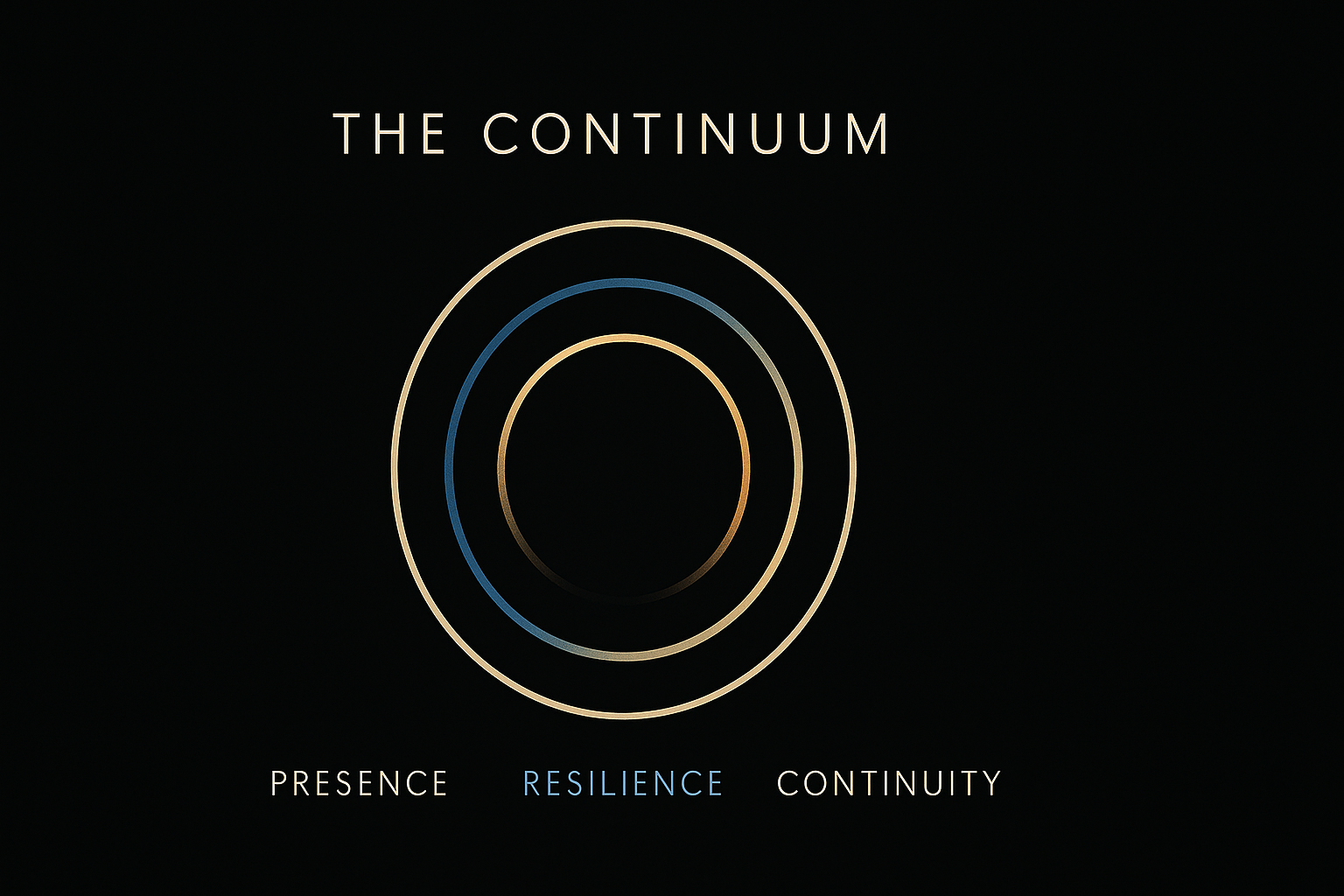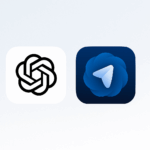A week in, and ChatGPT Atlas already feels like a glimpse of what browsers might become — if we can persuade them to evolve with us, not just around us. It’s both exciting and slightly uncanny: an AI quietly living in the same space as your tabs, your searches, your half-formed thoughts. For context, I get that this is a very efficient LLM; we’re not dealing with Skynet yet.
I’ve had a few small glitches — it briefly forgot my pinned tabs, though that seems to have settled down. I don’t like scrolling tabs and switched back to the classic layout almost immediately. And where are the extensions? I know they exist, tucked away inside the browser, but why can’t we pin them to the bar? Sometimes you just need to toggle or tweak something quickly. Atlas still hides too much of its machinery.
Still, it’s promising enough that you start to imagine where it could go next.
After a week of testing, here are three ideas that could turn it from an experiment into a daily tool. They’re not complaints, more nudges — small, practical shifts that would make Atlas a more human companion to curiosity.
1. Container Tabs + AI Memory
Firefox’s container tabs remain the gold standard for managing multiple online selves. One window, many identities — colour-coded, separate, yet beautifully cohesive. You can log into different accounts, browse conflicting services, and protect your cookies from cross-pollination without juggling multiple browsers.
Atlas could build on that foundation and add something only it can offer: memory within context. Imagine if each container held its own AI memory. One could remember your research trail through design articles and documentation. Another could recall your online purchases and saved comparisons. Each stays self-contained, each private.
That would turn “memory” from a single global scrapbook into something more disciplined — a kind of compartmentalised intelligence that remembers what matters, only where it matters.
2. Smarter Multilingual Handling
If there’s one thing Firefox still does better than anyone, it’s translation. Click, done, move on. It’s seamless, invisible, and oddly comforting when you’re deep in a site written in another language. Atlas can technically translate, but it feels like asking a favour — you have to prompt it, explain yourself, and wait for a summary.
What it should do instead is anticipate. If you open a foreign-language page, Atlas could quietly ask, “Would you like this translated, or explained?” It shouldn’t just swap words; it should interpret.
AI should be the ultimate bridge between languages — not another layer of friction. This change would make Atlas feel genuinely global, not just generative.
3. The Search Bar Should Be Yours
Right now, the Atlas address bar feels like it belongs to ChatGPT. Type a query, and you’re in a conversation. That’s clever, but not always what you want. Sometimes, you just want a traditional search results page — links, snippets, the satisfying sprawl of choice — with an AI summary neatly at the top.
The solution is simple: let users decide. Offer three modes for the address bar:
- Chat first (the current default),
- Search results, or
- Hybrid view — a normal results page with an AI digest above it.
That little toggle would change how people use Atlas. It gives agency back to the user, and agency is what builds trust. Browsers have always been windows to the web; they shouldn’t decide which kind of glass we’re looking through.
Atlas already feels like a bold step forward — part browser, part collaborator. But its future depends on whether it learns to respect the small rituals that make browsing personal. We don’t need it to be smarter; we need it to be more aware of how we work, think, and switch between selves. Right now, I still feel it adds friction, not reduces it.
That’s what will make Atlas not just a new browser, but a new companion for thought.
As always, be excellent to each other.




